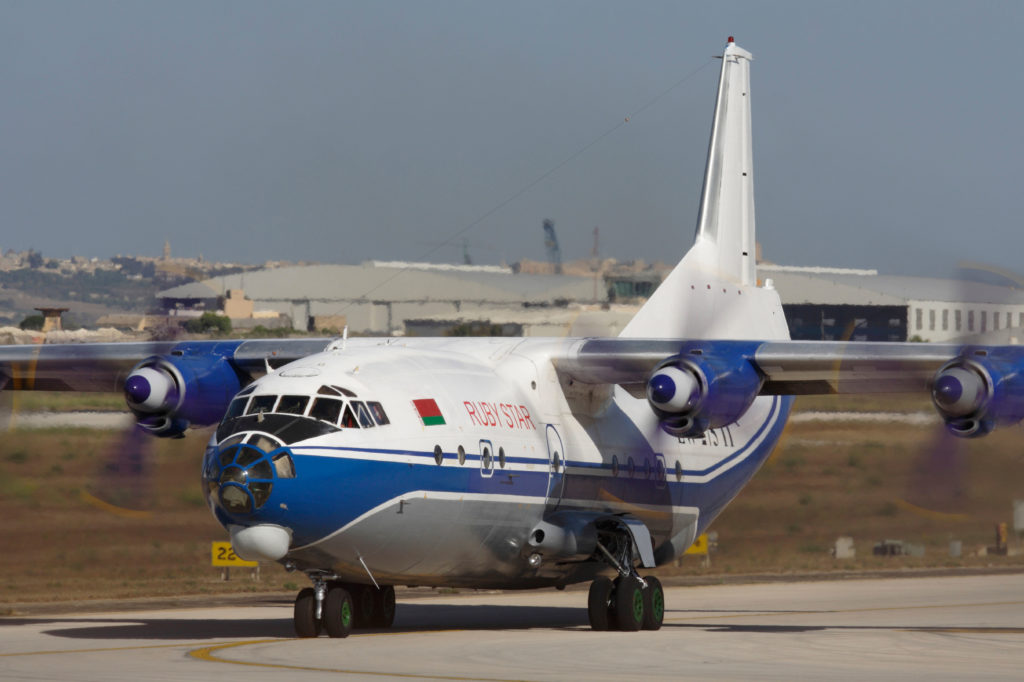TASHKENT
Uzbekistan’s Tashkent Mechanical Plant (TMZ) is in talks with Antonov, Ukraine’s iconic aircraft manufacturer, to produce and supply parts and components for Ukrainian aircraft, reviving its past as one of the biggest aircraft assembly plants in Central Asia.
Cooperation between the two companies was discussed during the Ukrainian delegation’s visit to the capital Tashkent, TMZ said. Uzbekistan’s investment company, Welfare Investment Alliance, was involved in the talks.
“The prospects for the export of previously manufactured products and the possibility of expanding the production of parts and assemblies for modern aircrafts on the basis of TMZ by organising industrial cooperation with Antonov and other industrial enterprises of Ukraine were discussed,” TMZ said in a statement after the talks.
The parties agreed on a cooperation plan and will create a working group to study the technological potential of the Tashkent plant in detail.
TMZ, formerly known as Tashkent Aviation Production Association, was named after famous Soviet pilot Valeriy Chkalov. It used to produce Il-76 cargo aircraft and Il-114 cargo and passenger aircraft, as well as wings for An-70 aircraft. In 2014, the plant was renamed the Tashkent Mechanical Plant and continued the production of spare parts for the Il-114 and Il-76 aircrafts.
Ukraine’s Antonov State Enterprise, formerly known as the Antonov Design Bureau, was founded in the late 1940s and is famous for designing and producing the aircraft of the same name.
It currently also produces building materials, household products, auto components, spare parts for agricultural machinery and railway transport.
Last year, Uzbekistan’s President Shavkat Mirziyoyev announced his plan to restore the plant’s aviation manufacturing role and said that the country was in talks with Russian partners.
“There were only a few countries in the world that produced airplanes,” Mirziyoyev said at the time. “Unfortunately, we destroyed it with our own hands. But we are still making a lot of efforts to restore it.”
The outcome of the talks with Russian partners was not disclosed.
Uzbekistan is taking steps to improve its investment climate and attract foreign companies after more than two decades of economic isolation, trying to leave behind its past as an autarkic system that viewed most foreign investors as a threat. The death of Islam Karimov, who had led Uzbekistan since before the Soviet breakup, in 2016, gave his successor, Shavkat Mirziyoyev, the opportunity to open the country to the outside world, through an ambitious reform plan geared to attracting foreign investors.

